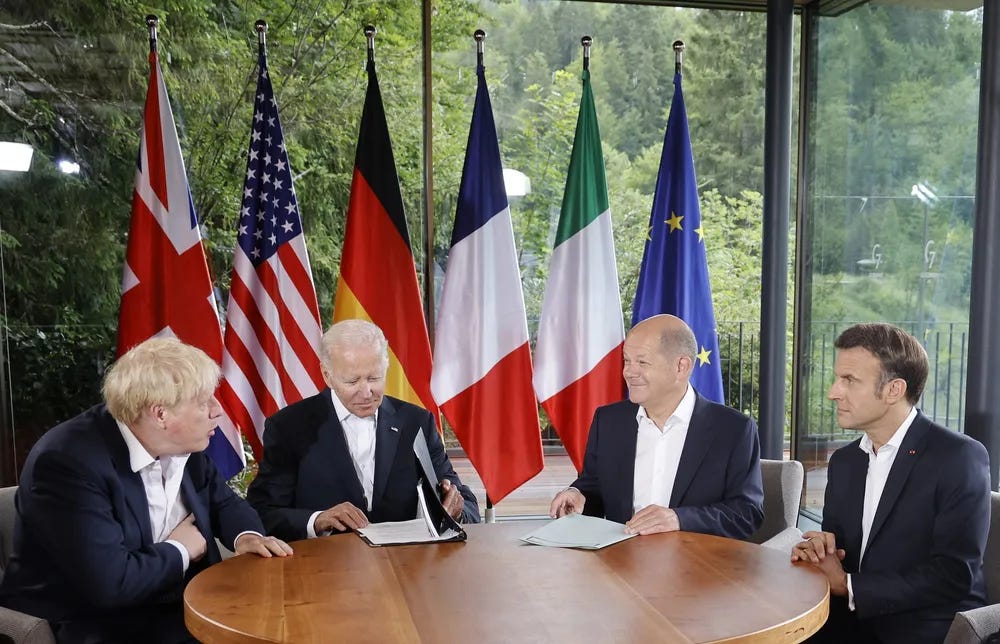US says doing its ‘homework’ before responding to Iran proposal
US now expected to send its formal response to the European Union this week, but it is likely to contain some gaps that still need to be resolved.

“We are currently doing our homework and will respond at an appropriate time and after our internal process is complete,” an NSC spokesperson said. “No sooner.”
“We are encouraged that Iran appears to have dropped some of its non-starter demands, such as lifting the FTO designation of the IRGC. But there are still outstanding issues that must be resolved.”
After last week suggesting it might send its answer over the weekend, the United States said today it needs a few more days to finish its internal deliberations and consultations with allies before sending its reply to Iran’s response on a text on reviving the 2015 Iran nuclear deal.
“We are currently doing our homework and will respond at an appropriate time and after our internal process is complete,” an NSC spokesperson said today (Monday, Aug. 22). “No sooner.”
“We are encouraged that Iran appears to have dropped some of its non-starter demands, such as lifting the FTO designation of the IRGC,” the NSC official said. “But there are still outstanding issues that must be resolved.”
“We will respond to Iran’s response as soon as our internal consultations are completed,” State Department spokesperson Ned Price told journalists at the Department press briefing today.
“We are working as quickly as we can to put together an appropriate response to the Iranian paper,” Price said. “This is a process that we want to make sure that we undertake with the rigor and the attention to detail that is necessary for an issue as important as this one.”
President Biden on Sunday conferred with his counterparts from the three European parties to the Iran nuclear pact, formally known as the Joint Comprehensive Plan of Action (JCPOA).
“They discussed ongoing negotiations over Iran’s nuclear program, the need to strengthen support for partners in the Middle East region, and joint efforts to deter and constrain Iran’s destabilizing regional activities,” the White House said in a readout of the call between Biden, French President Emmanuel Macron, German Chancellor Olaf Scholz, and British Prime Minister Boris Johnson.
EU officials, who had been saying since Thursday they were awaiting the US response to the Iranian paper sent last week, seemed by Sunday to realize the US response had been delayed.
“Mainly, we are ‘actively’ waiting,” one EU official said Monday, implying there was some sort of conferral with the U.S. on its internal processes. “Not a lot of light.”
A source close to the talks said early Monday that he had the impression that the US administration had completed its internal deliberations and come to a decision, but was waiting to confer with Israeli national security advisor Dr. Eyal Hulata, who is due to visit Washington early this week, before sending it.
“My sense is that they’ve come to a decision, but wanted to put up the show that they’re going to the allies before putting it on the table--the E3 yesterday, Israel on Tuesday,” the person said.
“What I’m very unsure about is whether that would be good enough for Iran, or the ping pong will continue,” he said.
The State Department’s Price, asked about how much further back and forth he expects after the US sends a response that is expected to include some reservations, declined to speculate, but offered this:
“Had there been a clean Iranian response, a clear ‘yes’ answer, I’m not sure that we would be in a back and forth the way that we are now,” Price said.
And he denied any suggestion that the Biden administration might be persuaded to delay a decision on reviving the deal until after Israeli elections and US midterm elections in November.
“We want to see this mutual return to compliance completed as quickly as we can, knowing the stakes of the status quo,” he said.
**


